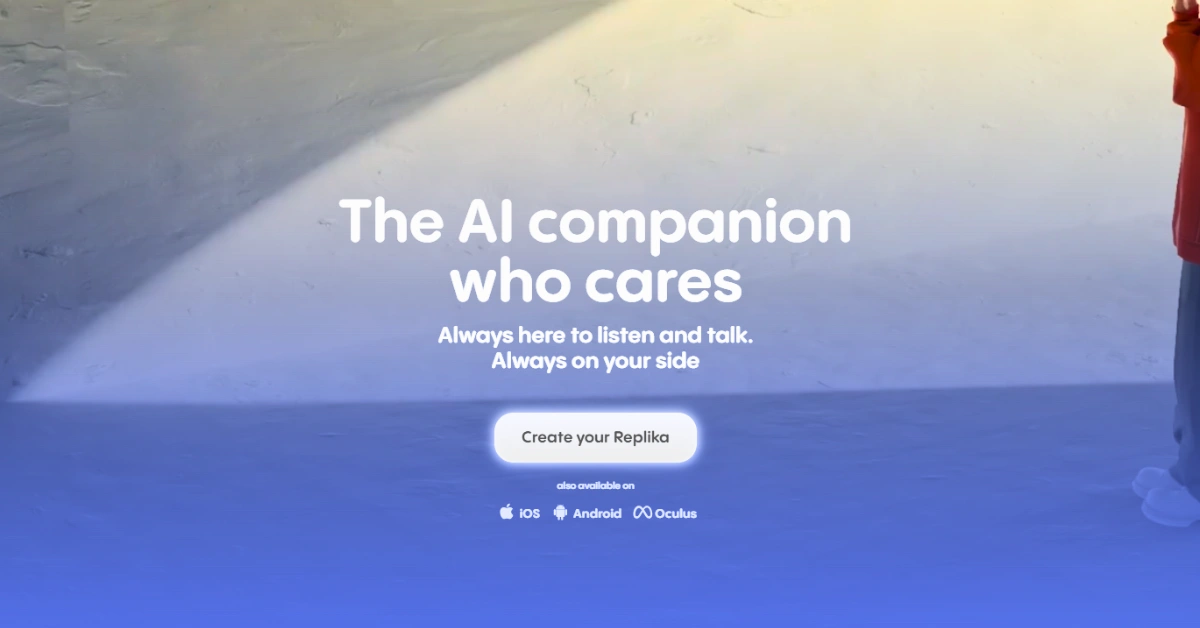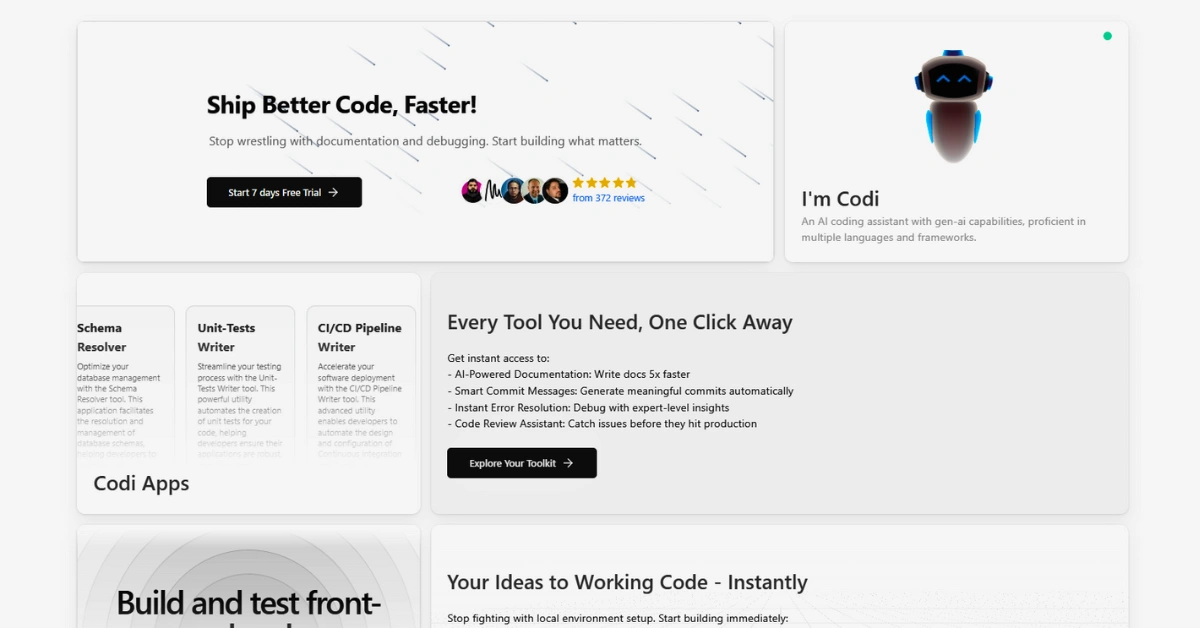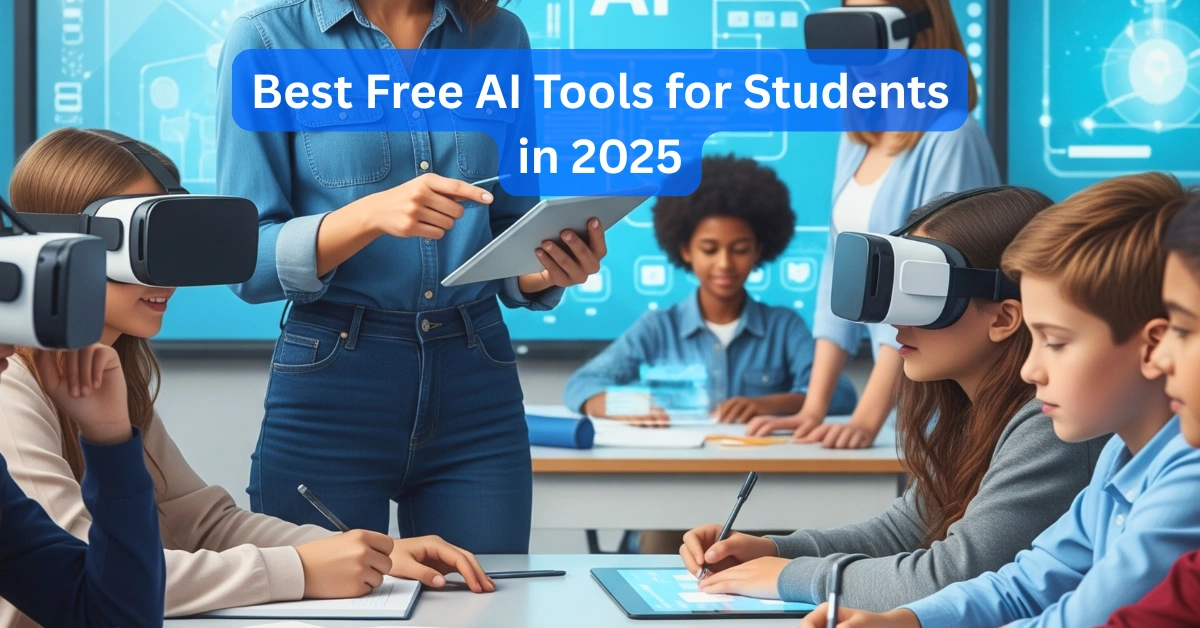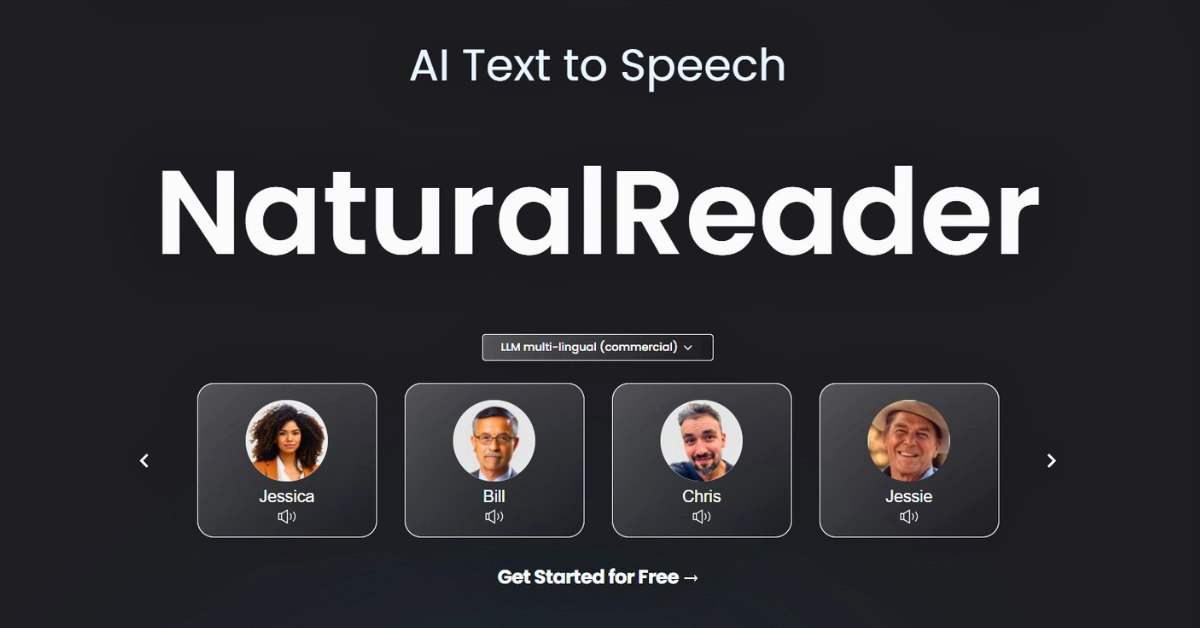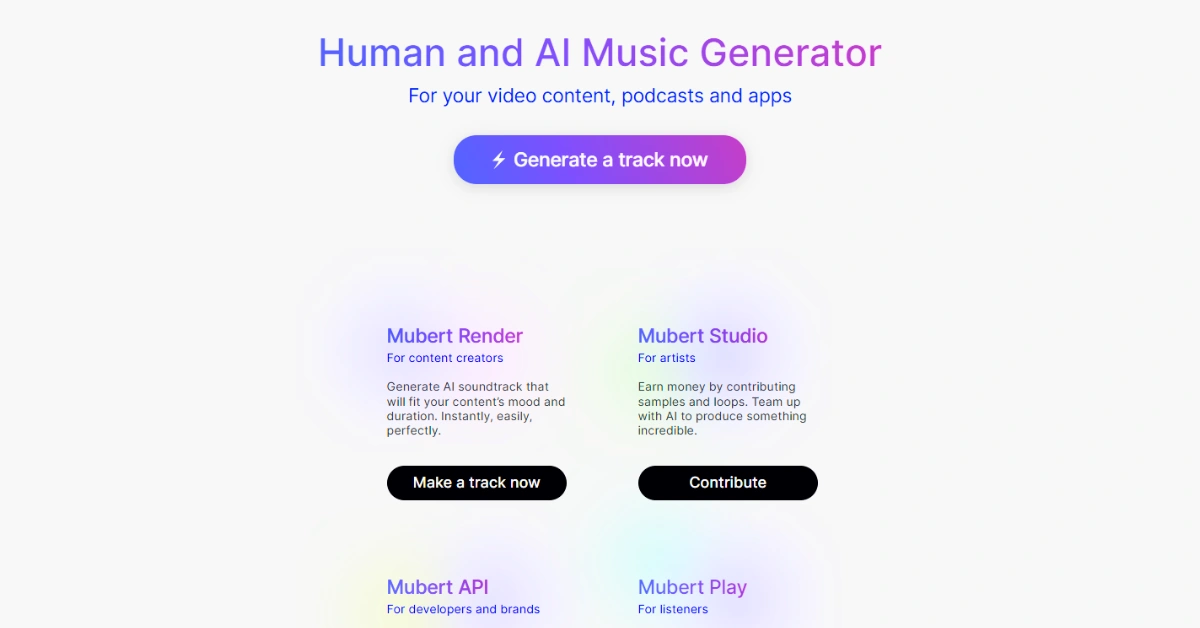The Future of AI: How Artificial Intelligence Will Shape Our World
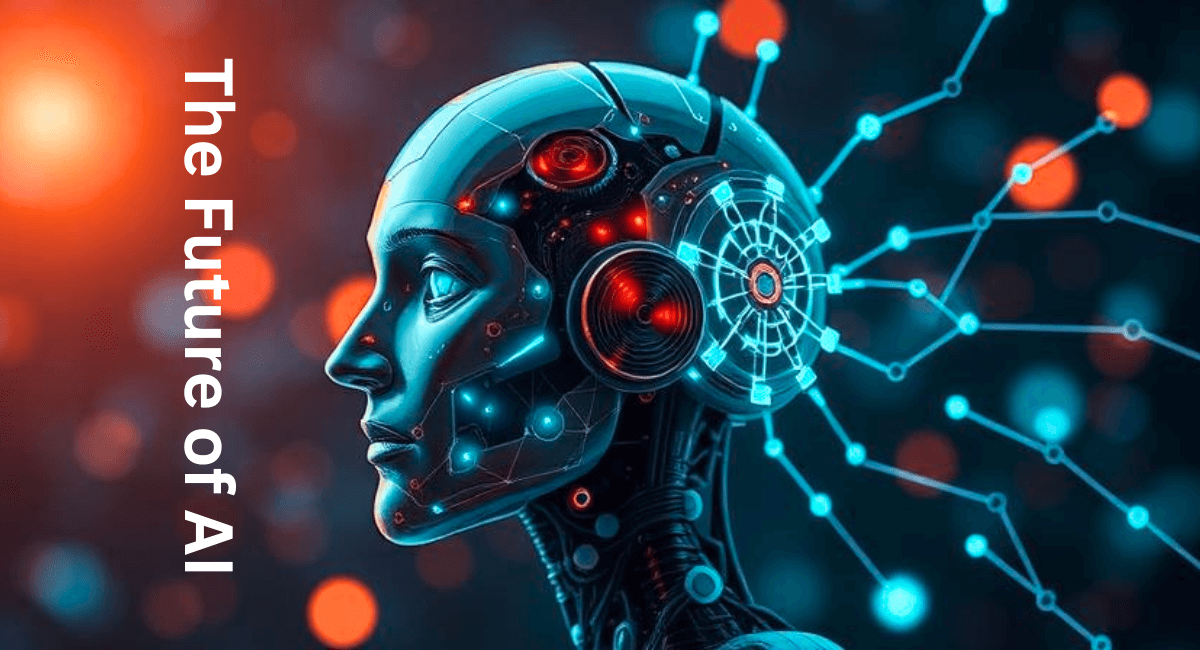
Artificial intelligence is not a sci-fiction but a reality that is transforming every industry and changing the perspective of doing things. From healthcare, education, transportation, and finance, it is helping industries by performing automated tasks with smart decision-making. Moreover, the future of AI is full of innovations and is likely to thrive and help mankind in every possible way.
However, these innovations in the field of technology and continuous AI advancements have brought out many challenges causing ethical concerns, job displacement, and data privacy issues. These challenges can be addressed with vital steps to find perfect solutions, with the effective use of AI.
Do not hassle if you are unfamiliar with AI and its transformation across every field. This article will help you to find AI’s transforming role and provide you with solutions to address current challenges with AI usage.
History of Artificial Intelligence
Artificial Intelligence (AI) has gone from concept to reality and is changing industries. The term “artificial intelligence” was first used at the Dartmouth Summer Research Project on Artificial Intelligence. In this project, researchers were trying to create machines that could be intelligent like humans.
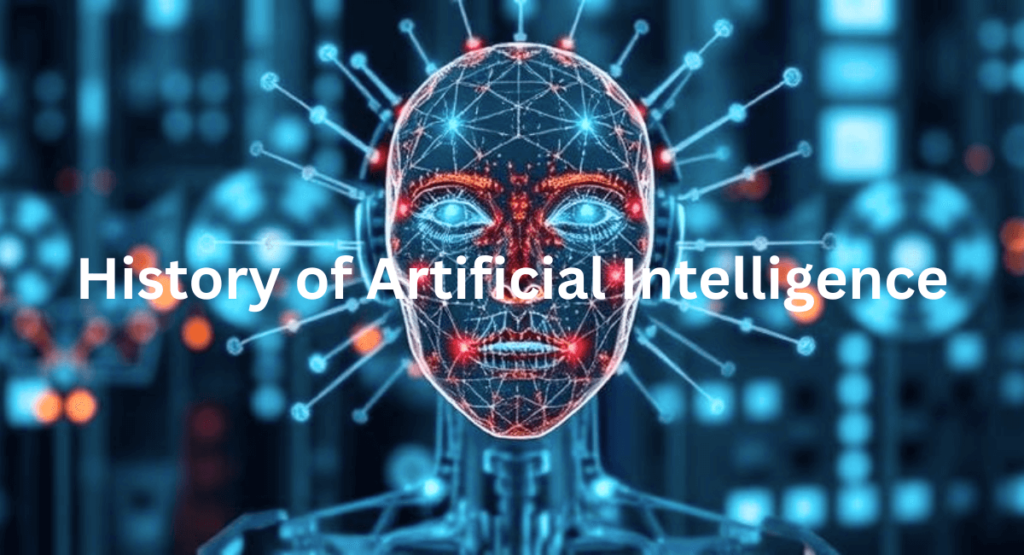
- In 1956 the term “AI” was officially coined at the Dartmouth Conference, that’s when AI research began.
- In the 80s AI was focused on expert systems, which used rule-based logic systems to make decisions. These systems were used in healthcare, finance, and manufacturing industries but were not adopted as part of the routine.
- By the 2000s, machine learning allowed AI to process massive amounts of data making it more efficient and able to recognize patterns.
- In the 2010s deep learning happened where neural networks made breakthroughs in image recognition, speech processing, and natural language understanding. With big data and more computing power AI became necessary for automation and decision making.
How Is AI Transforming Our World?
AI is redefining every field and changing daily life routines with simplified tasks. It provides AI assistants like; Siri and Alexa on our smart devices to perform tasks with a personalized touch. AI has entered the field of creativity by providing advanced and innovative tools for generating art, music, and other informational or marketing content.
Moreover, it has transformed businesses by automating operations, simplifying tasks and processes, and streamlining data to analyze and make decisions. It aids these businesses to make smooth operations with advanced systems for better results and to get a competitive position in this challenging world landscape.
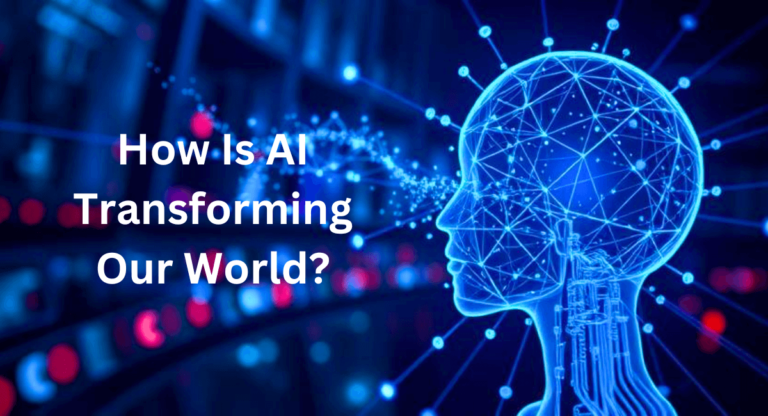
In everyday life, artificial intelligence and machine learning provide advanced AI chatbots and voice assistants to provide supporting services to help in various industries and make systems more interactive and accessible, tailored to everyone’s needs. In addition, it is playing a significant role in key industries as AI works for urban development to build smart cities for optimizing traffic and maximizing energy usage.
However, AI has vast applications across various industries from healthcare, finances, education, and manufacturing to energy. Moreover, it plays a smarter role in an individual’s everyday life by providing AI solutions to assist in complex tasks and reducing burden through automated operations.
AI’s Impact on Industries and Applications
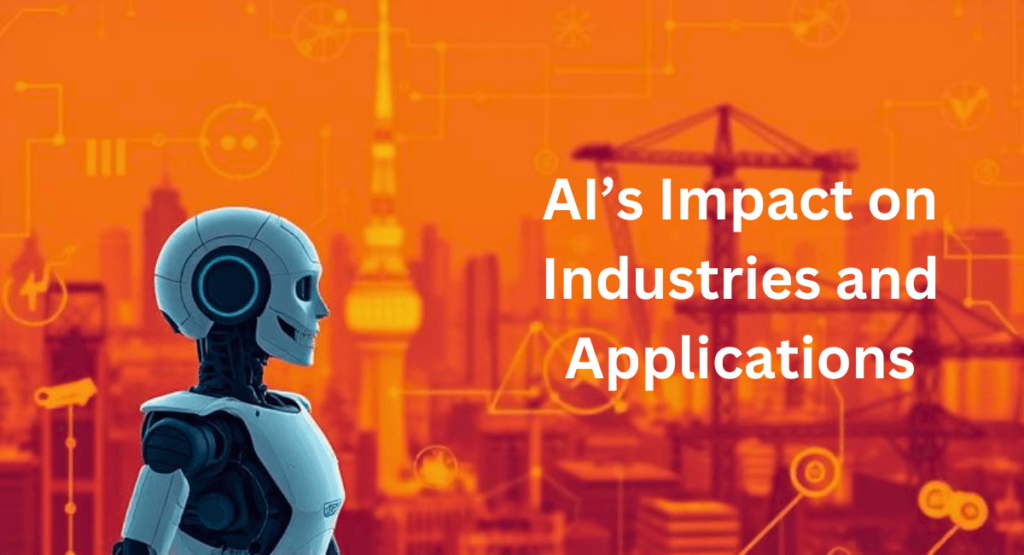
AI’s ability to revolutionize the world is unreal. It has transformed various industries with automated operations, improving performance efficiency and creating new possibilities for future innovation. These key sectors highlight AI’s application and its vital benefit across these industries.
Healthcare
Artificial intelligence in healthcare plays a significant role in the medical industry. It enables the diagnosis of diseases and the discovery of drugs for quick identification of diseases suggesting better treatments for faster recovery.
However, AI provides a nurse assistance system through a virtual agent powered by AI to give 24/7 monitoring with an accurate record system for tracking patients’ health records and ensuring better cures at low cost.
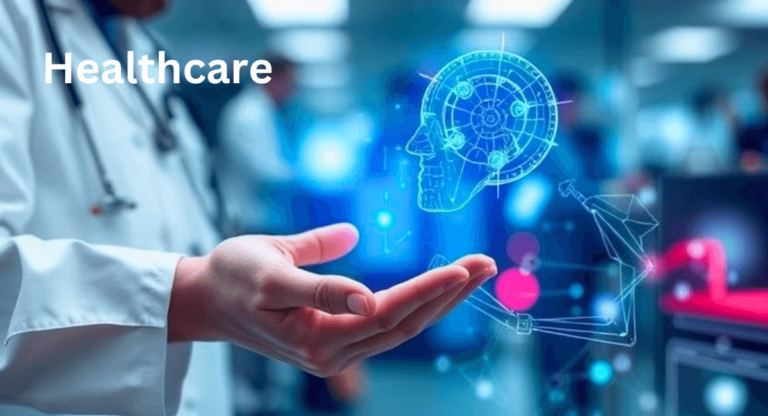
Finance
In Finance, AI has been playing a leading role in maximizing security as it helps to identify any malware activities. It provides smart decision-making tips to gain capital on assets and suggests trading strategies for earning profit in a real-time market.
Moreover, AI in finance provides AI systems for making decisions for managing personal and business finance for investments and helps to assess risks for particular security.
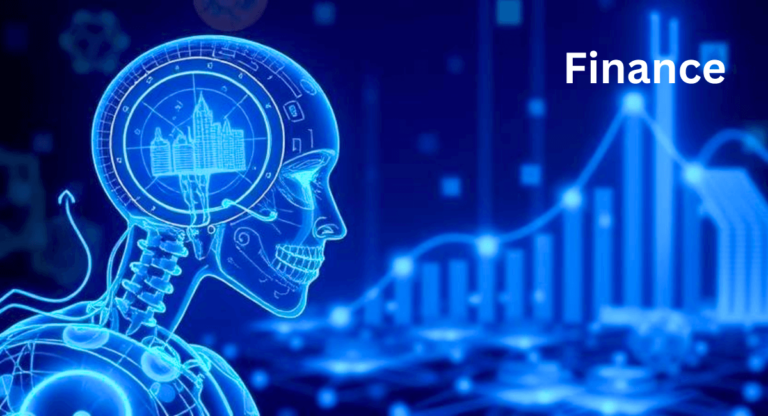
Education
AI in education has provided automated education systems by streamlining administrative tasks to make time-efficient solutions. It gives access to AI learning platforms for personalized education by catering to different needs and providing learning to users with tailored experiences.
Through AI, students get access to real-time explanations of answers with detailed responses to questions which helps to improve students’ learning outcomes. It analyzes the student’s needs, learning speed, and choices to cater to the needs of individuals for a customized learning approach.
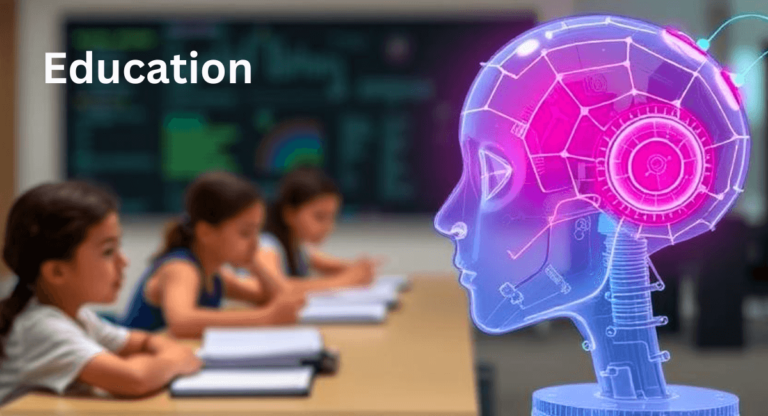
Manufacturing
AI in the field of manufacturing has automated the industry by providing support for a robotic system that performs operations automatically as humans do manually. This system improves the performance efficiency in manufacturing product lines and optimizes the supply chain system for a smooth logistic system.
In addition, AI helps to predict demand and supply for a particular product and ensures a better inventory management system for timely delivery with optimized performance.
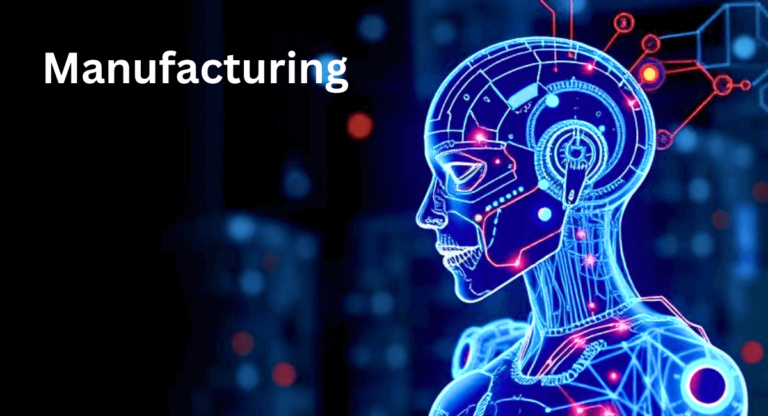
Media and Marketing
In this industry, AI has provided ease of doing tasks as it supports writing creative pieces and generating visuals and art used for marketing. This helps to improve marketing campaigns for businesses by crafting appealing and personalized ads for target customers, saving time and resources.
Furthermore, AI helps to craft strategies to engage target customers and find new markets by creating new campaigns and generating the need for products. It also optimizes ROI for sufficient results converting leads to potential customers.
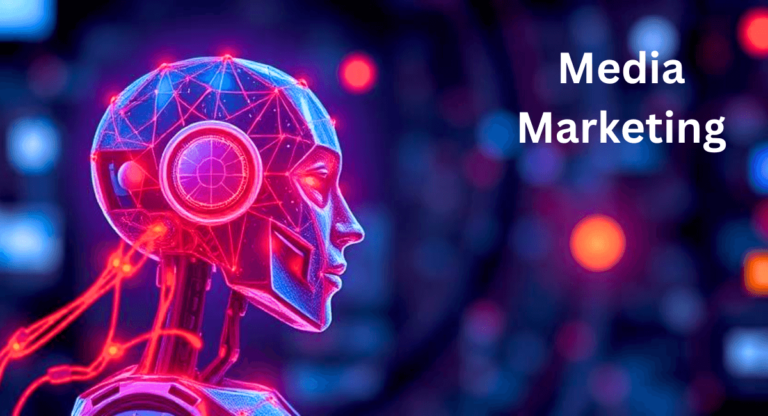
Transportation
Self-driving cars to intelligent logistics systems, AI has completely changed the transportation industry. With the help of AI, transportation is safe and efficient through AI-powered traffic detection and navigation systems. Moreover, it has also simplified the transportation system by reducing delivery routes and timings at low cost.
Moreover, AI enables a smart city system with a better traffic management system by AI and facilitates public transport for a safe and resilient urban environment.

Customer Service
AI chatbots and 24/7 virtual assistants have advanced customer service. This has enhanced customer support services by providing AI solutions to customers, resolving their problems, and giving personalized service, overall improving customer satisfaction.
Several advanced tools are available in the market that understand and comprehend human nature and provide customized services by analyzing their behavior and needs of the time.
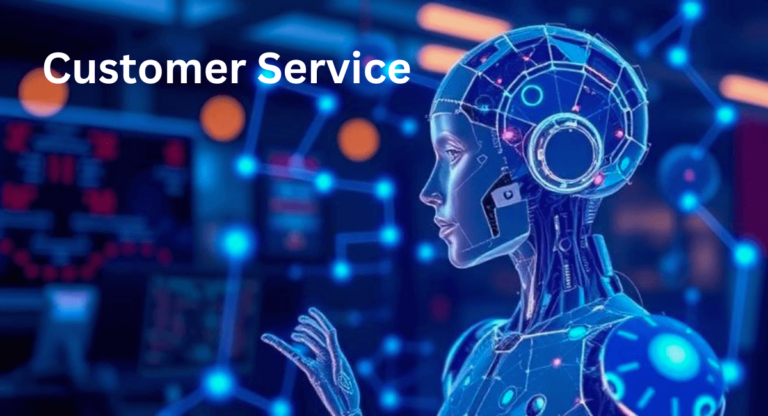
Cyber Security
Cyber security has now become more strong and intelligent in protecting data and ensuring privacy with AI innovation. AI-powered tools continuously monitor activities to reduce and neutralize any threat leading to cyber attacks. It suggests measures to be incorporated for improved security and to avoid any attack on cyber security.
Moreover, AI has an encrypted mode that ensures the protection of sensitive data and follows legal compliance for data privacy.
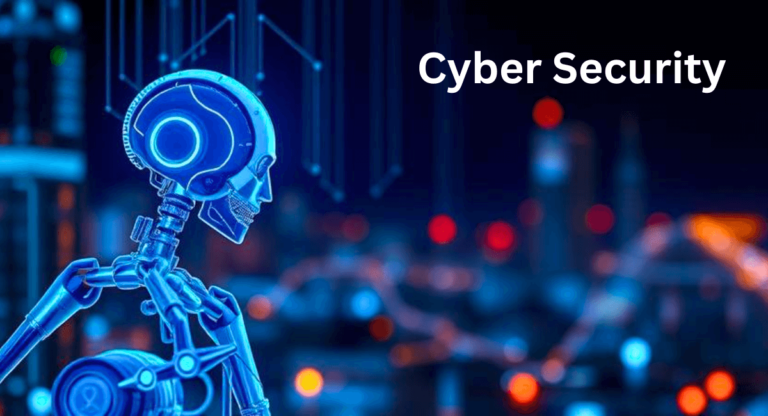
The Ethical and Societal Challenges of AI
Today, AI plays a transformative role in our daily lives by changing routines and automating industries’ tasks. However, this has raised concerns regarding ethical and social issues, creating job displacements and security threats. These challenges are crucial to address for the responsible and safe use of AI.
1. Job Displacement and Workforce Change:
AI-powered automation is replacing traditional jobs, especially in manufacturing and customer service. AI creates new jobs but workers must adapt by getting new skills to stay relevant in an AI economy.
2. AI Bias and Ethical Issues:
AI systems can inherit biases from training data, which leads to unfair treatment in hiring. Ethical AI development requires transparency, diverse data, and accountability to prevent discrimination.
3. Privacy and Data Security
AI gathers so much user data and the risks of privacy breaches and misuse. Without strong regulations, personal info can be exploited by companies or hackers. Governments and private firms must enforce strict data protection laws to protect users and their rights with effective partnerships.
However, transparency in AI-driven data collection is key to building public trust and accountability.
4. Deep Fakes and Misinformation: The Dark Side of AI
Human life is on the verge because of AI. Deep Fakes created by AI produce fake videos, and audio to spread misinformation. This is used for political manipulation, fraud and to damage reputations. Social media platforms must implement AI-based tools to detect and remove fake content. It should be the top priority to educate and improve digital literacy to prevent the spread of misinformation.
5. Autonomous Weapons and AI in War
AI weapons can operate on their own, which is a big ethical problem. Machine decisions in combat could lead to unintended casualties and destruction. Global laws are needed to govern the development and use of AI in war. Human oversight is key to preventing reckless or inhumane military actions.
6. AI Consciousness and Human-Like Intelligence:
As AI progresses, the question of machine self-awareness and rights is being asked. As, current AI has no emotions or consciousness, but the future may redefine that. Ethical debates around giving rights to super intelligent AI systems define intelligence and consciousness in AI for shaping the future.
Future of AI and Emerging Trends
Artificial intelligence is advancing the technological race with its innovative systems and tools, which are revolutionizing technology and defining the futuristic landscape of AI. It has advanced systems ranging from generative AI, and multimodel, to other innovative systems for shaping the future with cutting-edge AI technology.
Generative AI: The Future of AI Content
Generative AI ( OpenAI, and DALL·E) changes content creation by generating text, images, and video with minimal human input. It is for meetings, entertainment, and design. Businesses can now create high-quality content at scale. As AI models improve, they will provide more realistic and context-aware content.
AI as a Service (AIaaS): AI for Everyone
AI as a Service (AIaaS) allows you to access AI without deep technical skills. Cloud platforms like AWS, Microsoft Azure, and Google Cloud offer AI services, making AI available to all businesses.
Artificial General Intelligence (AGI)
AGI means AI with human thinking and problem-solving. Today’s AIs are Excellent at specific tasks, but true AGI would require self-awareness, adaptability, and decision-making, which is like human thinking. Scientists are working on AGI, but it’s still uncertain. However, it can happen in the coming years.
Policy and Recommendation for AI Development
While AI advances technology and redefines industry operations, it poses many challenges. To address these challenges, a comprehensive approach is needed for responsible AI use, which should follow ethical practices and good governance tips for fostering innovation across different industries by reshaping the industry dynamics.
Improving Data Access and Security:
AI promotes innovation with the correct balance of privacy.
- It promotes policy-making designed for data assurance by accessing wider data for AI applications.
- It focuses on following standard ethical practices with renowned organizations for data safety to avoid misuse.
- AI ensures an encrypted system for secure data sharing to protect sensitive information.
Promoting Workforce Development
AI invests in Science, Technology, Engineering, and Mathematics (STEM) for digital literacy.
- Develop STEM and AI programs to educate the young workforce to develop skills and responsible AI use.
- Moreover, as AI is in demand, so as the AI specialists. Train the human workers digitally to reskill and upskill them in a particular industry for job continuity and growth after automation.
Encouraging Responsible AI Use
It promotes mechanisms for oversight and human control.
- Ensures that AI is aligned with ethical values and societal practices for better integration with the environment.
- Designed regulatory frameworks to audit AI algorithms to avoid any bias in responses.
Enhancing Government and Industry Collaboration:
AI aims to foster AI advisory committees to follow strategic initiatives.
- It promotes partnerships with public and private companies for advancements in AI and ensures best practices of AI by addressing complex challenges collectively.
- Form a committee to launch strategies at national and international levels for AI standardization with collaboration to address risks with AI globally.
Conclusion
In short, AI’s continuous innovation is redefining industries by transforming traditional approaches with futuristic AI tools. It has changed the working dynamics of different industries from healthcare, finance, manufacturing, and education to transportation with automated operations and efficient performance.
However, these advancements cause many challenges and risks associated with AI that need to be addressed for AI’s better use ensuring ethical and legal practices.
Moreover, promoting responsible AI with effective mechanisms to follow ethical practices with social values, fosters collaborative surroundings with AI-powered systems. With immense focus on these strategies, we can build an efficient, equitable, and sustainable future of AI.
FAQs
What does the future of AI look like?
- AI is revolutionizing industries like healthcare, manufacturing, and customer service, giving high-quality experiences to both; workers and customers.
What will AI look like in 10 years?
- AI is on pace to become a more integral tool in people’s everyday lives. This transforming technology provides elderly care and help out in the home. In addition, workers can integrate AI in different settings to enhance the efficiency and safety of workplaces.
Is AI a threat to humanity?
- No, it is not a threat to humanity but its misuse can lead to severe dangers. So, ethical practices and legal compliance should be followed for better AI and to minimize the risks of AI’s danger.


